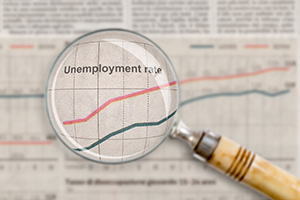Given the overarching role of the U.S. in the world economy, it is no surprise that when the Fed sneezes, central banks around the world catch a cold. During the so-called taper tantrum of 2013, the Fed’s unexpected talk of plans to slow down its bond purchase program resulted in higher interest rates and a stronger dollar, which caused the capital pipelines of emerging markets to freeze. Today, with a tenuous global recovery underway and the threat of the pandemic hanging on, central banks around the world are watching the actions of an increasingly hawkish Fed with hawk eyes (no pun intended). At the same time, we’re seeing global policy divergences as economies emerge from the pandemic environment at different speeds and face different challenges. For investors, this environment could present country-specific opportunities in fixed income, equities, and currencies.














